If Japan insists on setting limits on China-Japan semiconductor cooperation, it will lead to a lose-lose situation for China and Japan, leaving the U.S. as the “sole winner”, said Wu Jianghao, the Chinese Ambassador to Japan on June 2.
China has expressed its strong concern over the semiconductor export control measures rolled out by the Japanese government, Wu said. Although Japan claims that it does not target any specific countries and does not adopt a one-size-fits-all approach, the implied target is clear for all to see.
Semiconductors are Japan's second largest source of exports after auto vehicles and are Japan’s largest export item to China. Japan’s trade with China fell 11.5 percent in the first quarter this year, with exports plunging 20 percent, according to data from Chinese Embassy to Japan.
If Japan insists on setting limits on China-Japanese semiconductor cooperation, it will not only lose the huge Chinese market, but also damage Japan's own business reputation and the future of the semiconductor industry, Wu said.
Chinese chip industry association and trade council has lodged a firm opposition to Japan’s export restrictions on chip manufacturing equipment.
The China Semiconductor Industry Association (CSIA) said the export control measures by Japan "would bring even greater uncertainty to the ecosystem of the global semiconductor industry, and the CSIA opposes the act of interfering with global trade liberalization, distorting global supply and demand balance."
The Japanese government announced in May that it will add 23 items, including advanced semiconductor manufacturing equipment, to the list of “regulated exports”, Nikkei reported earlier.
The restrictions are seen as Tokyo’s aligning with U.S. technology curbs on China, which is expected to take effect on July 23.
The goal of the U.S. government is to reassert its global semiconductor hegemony. It will only cause “lose-lose for China and Japan”, leaving the U.S. the “sole winner”, Wu said.
It is hoped that the Japanese side can see the situation clearly, make rational decisions, and work with China to uphold the principles of win-win cooperation, consolidate an open and unimpeded production and supply chain, and safeguard the well-being of the two countries and the two peoples, Wu added.








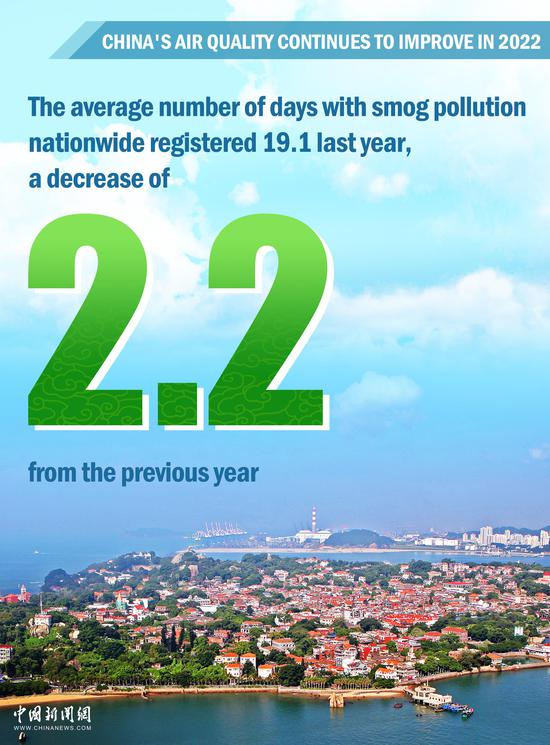


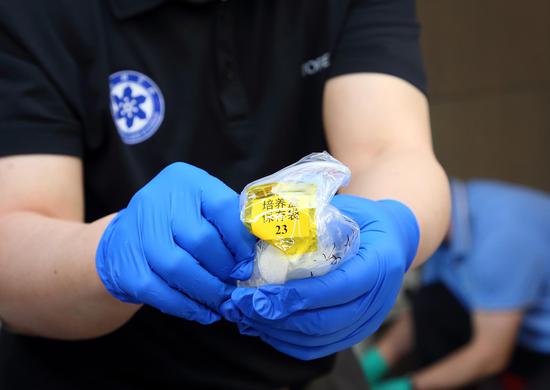
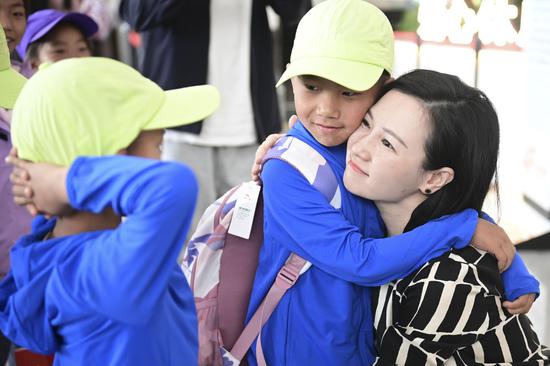
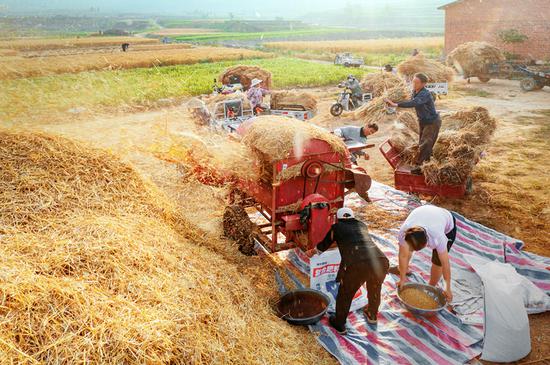
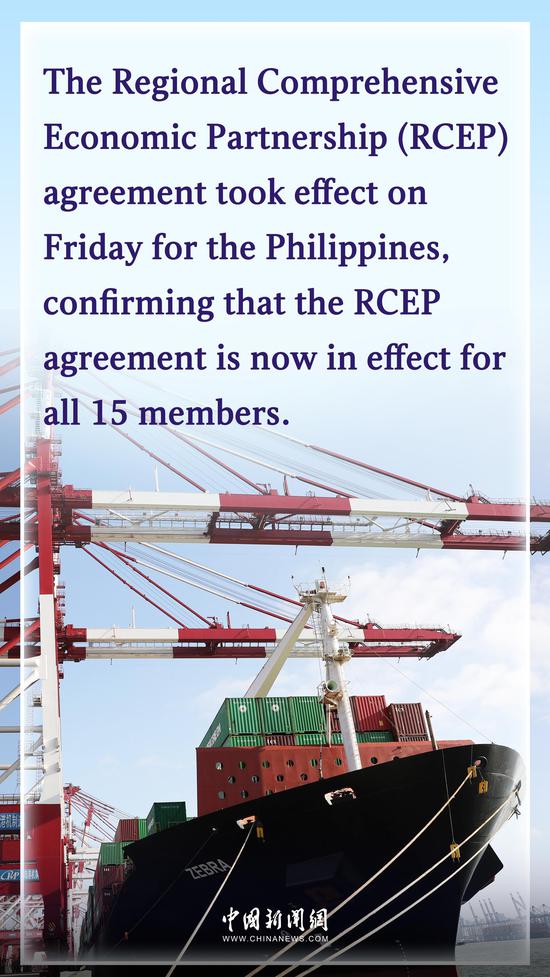

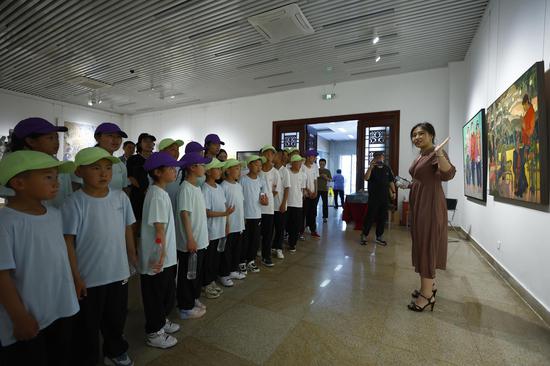


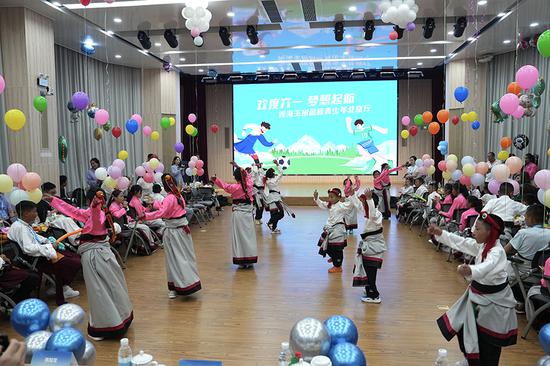

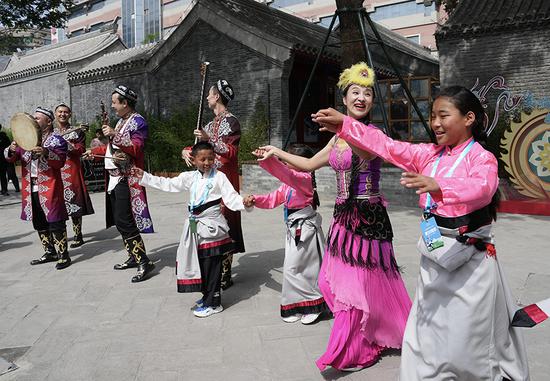
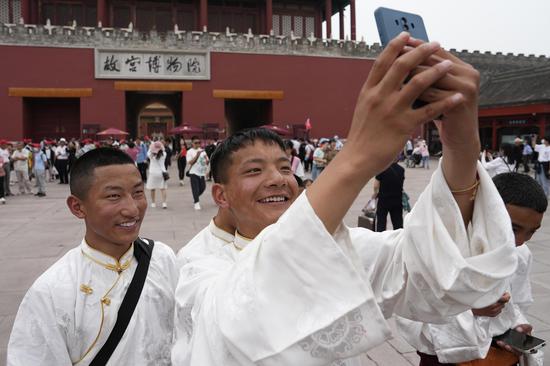
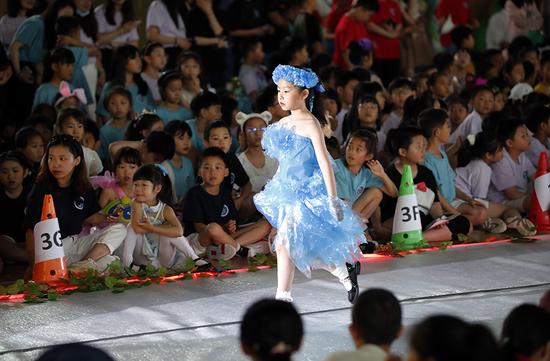
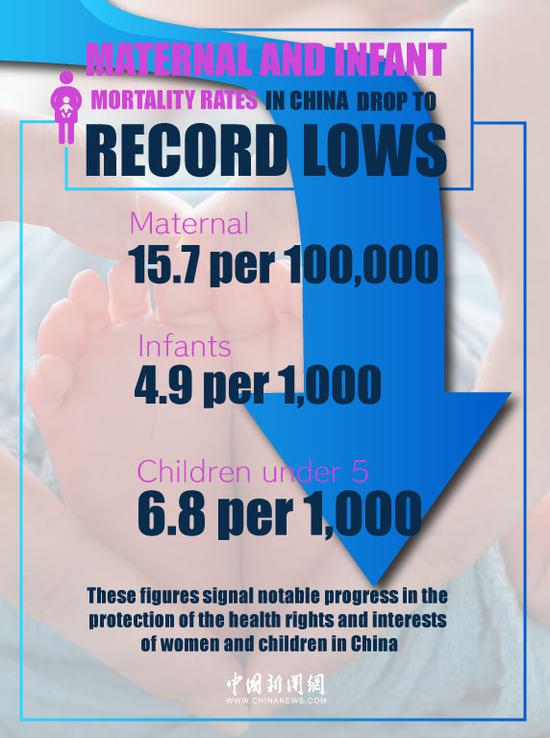

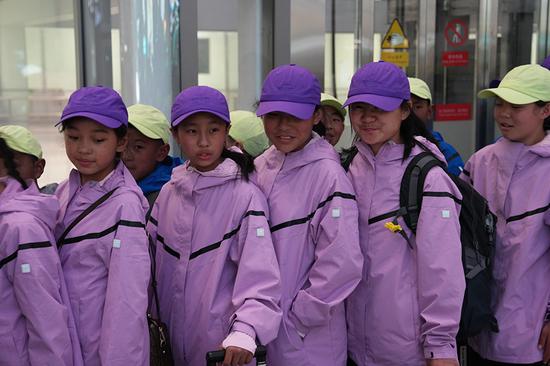

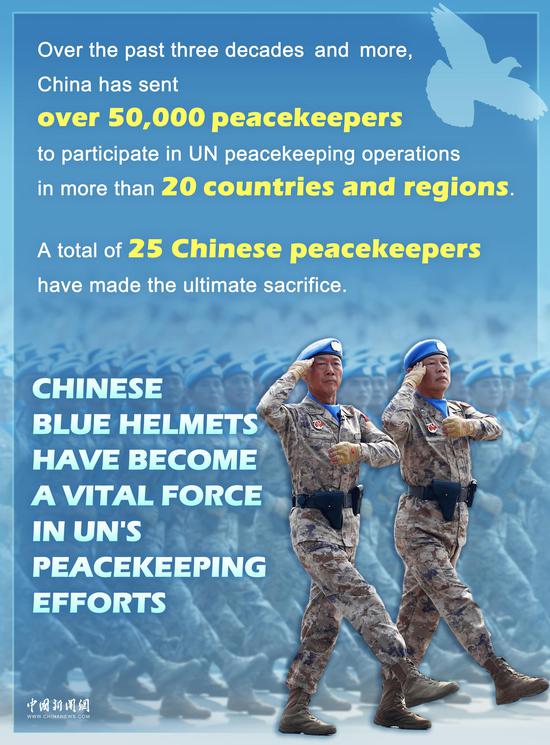
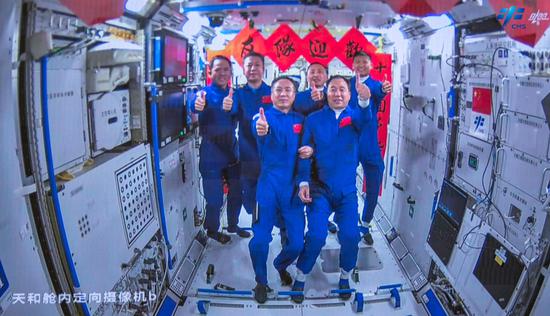
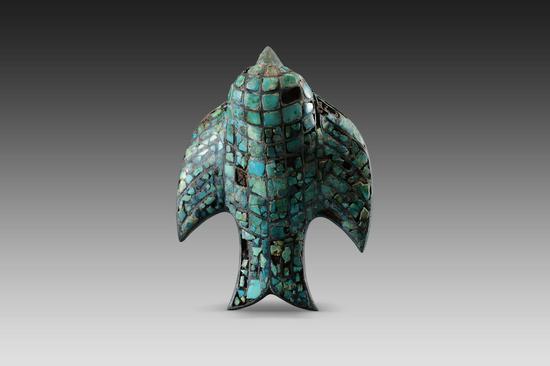
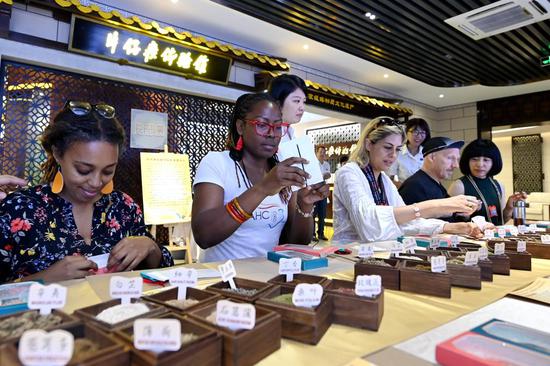
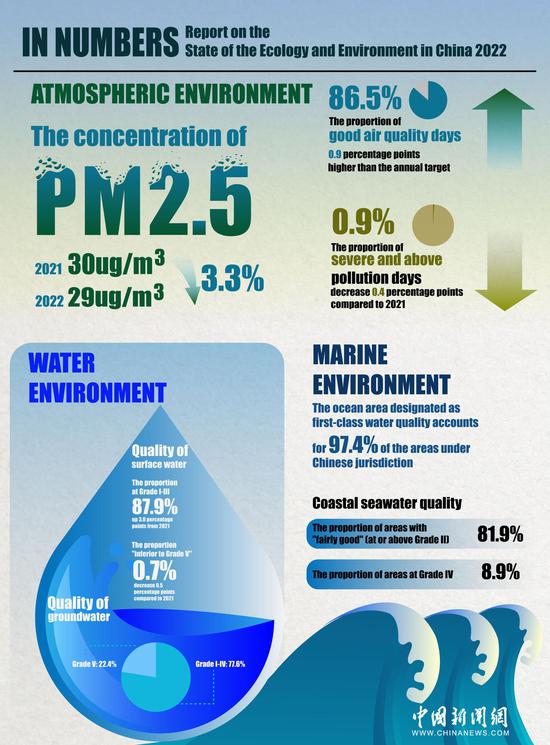
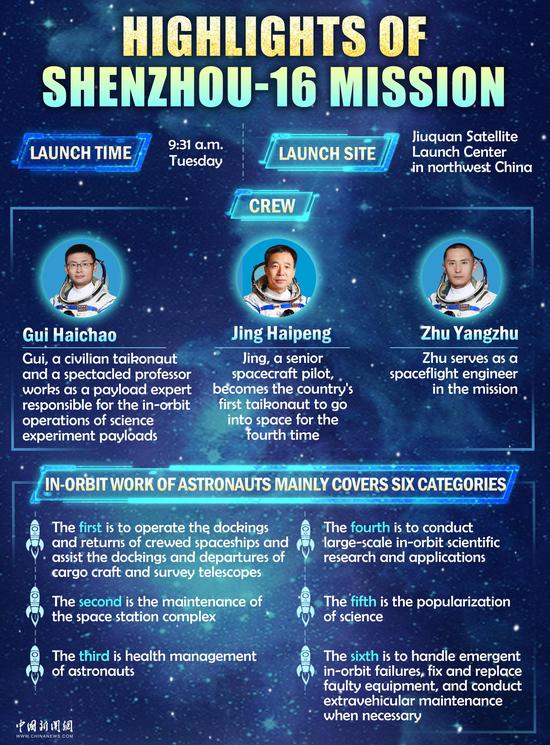

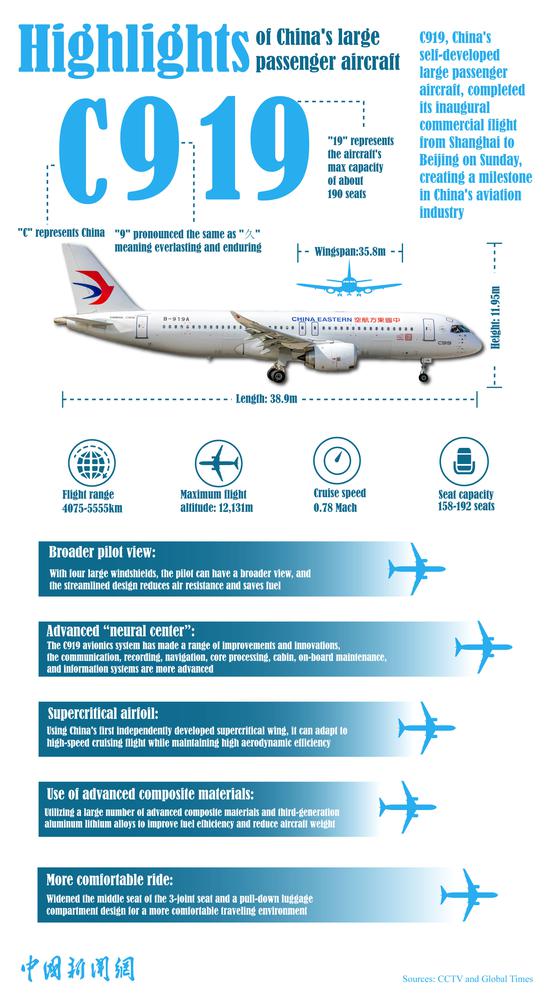


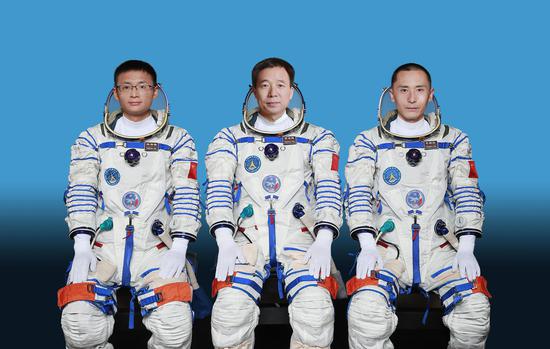
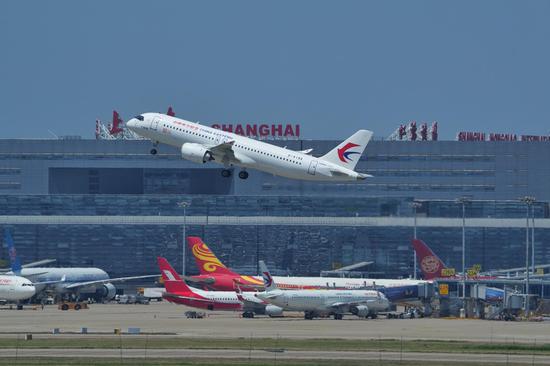

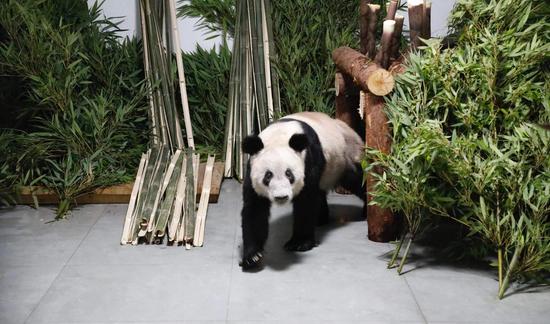
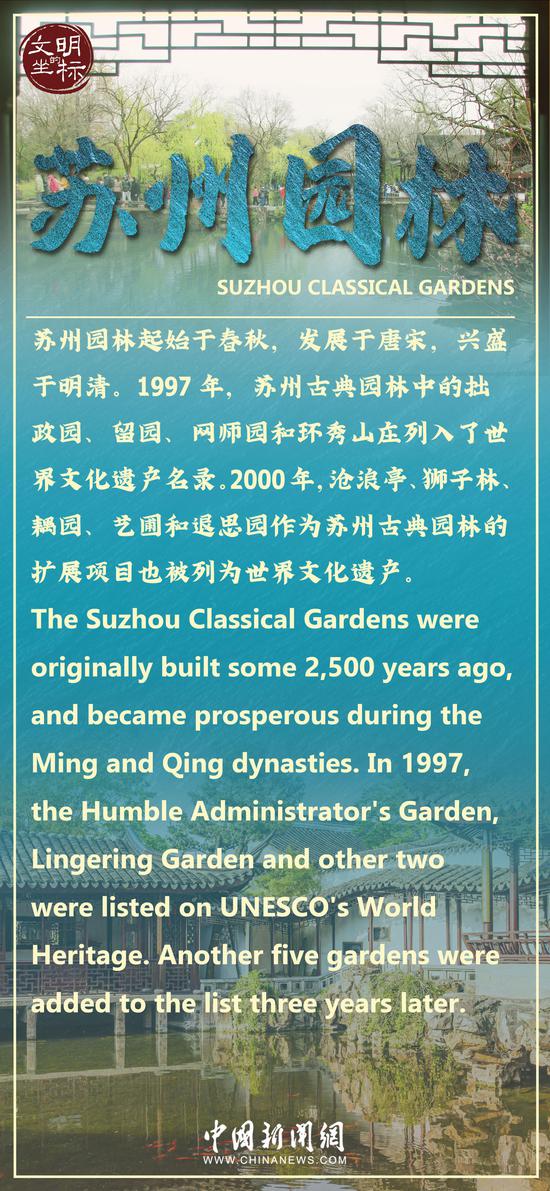
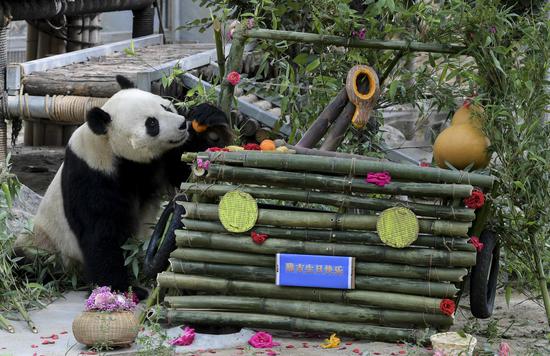






 京公网安备 11010202009201号
京公网安备 11010202009201号